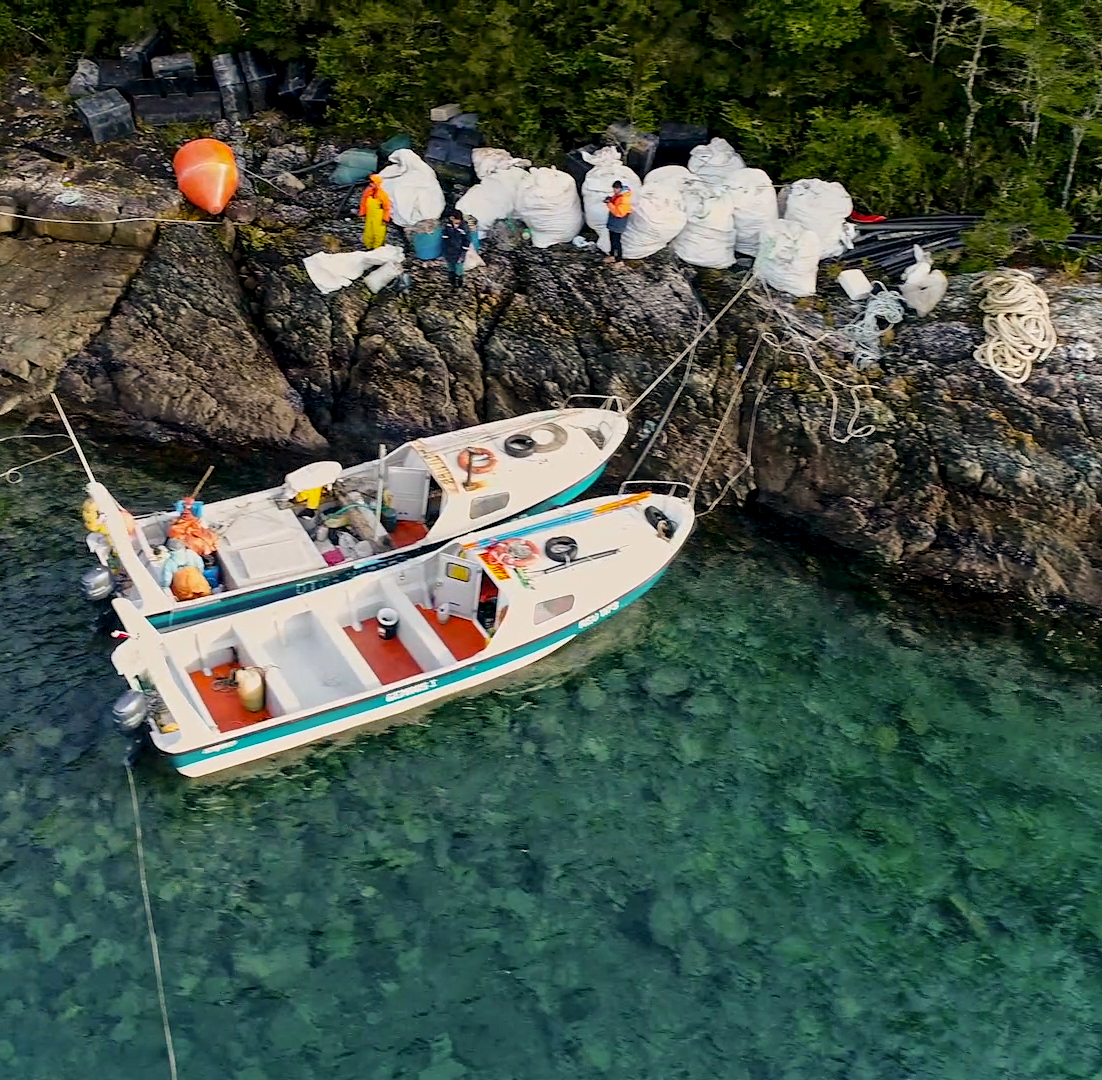The country’s Patagonian coastline is home to dynamic fishing communities, and when thousands of tons of discarded plastic fishing ropes began washing onto the pristine beaches there, Comberplast wanted to turn plastic waste into an opportunity.
That’d require serious innovation, however.
So Comberplast teamed up with ExxonMobil and its unmatched polymer expertise to unpack a classic problem when it comes to recycling plastic.
Atando Cabos & ExxonMobil: Reducing Ocean Waste With Innovative Recycling Solutions
That’s because the fishing ropes are made of both polypropylene- and polyethylene-derived compounds. And generally accepted thinking is that when mechanically recycling plastic, different polymers can’t be broken down, mixed together and formed into new, durable products.
But Comberplast wasn’t so sure, and it set out to bend – or even break – conventional plastics wisdom by creating a program called Atando Cabos.
The idea: Help solve the problem of waste arriving on Chile’s shores and produce an economically viable end product by recycling seemingly incompatible polymers.
How’d it go? Here’s a hint: “Atando Cabos” loosely translates to tying up loose ends or putting two and two together.






